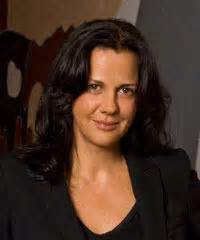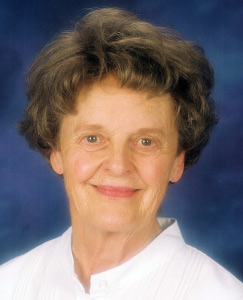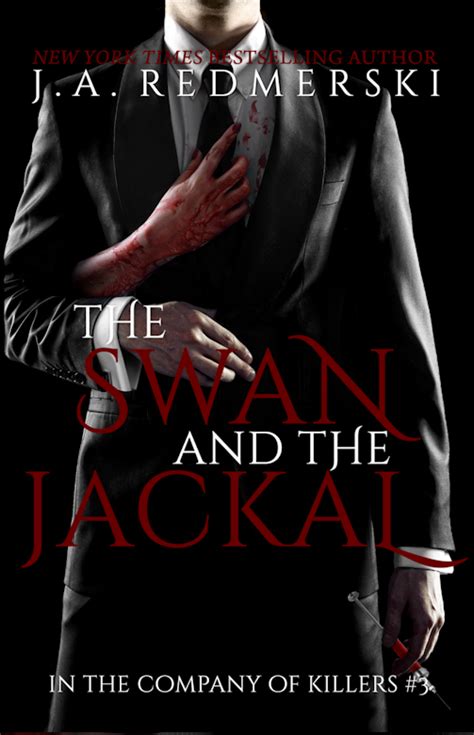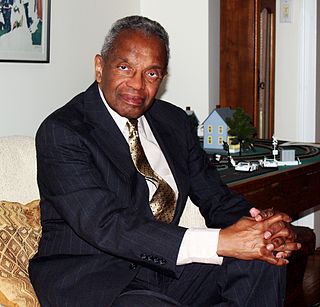A Quote by Kiese Laymon
Not so deep down, we all know that safety is an illusion, that only character melds us together. That’s why most of us do everything we can (healthy and unhealthy) to ward off that real feeling of standing alone so close to the edge of the world.
Related Quotes
But love, sooner or later, forces us out of time...of all that we feel and do, all the virtues and all the sins, love alone crowds us at last over the edge of the world. For love is always more than a little strange here...It is in the world, but is not altogether of it. It is of eternity. It takes us there when it most holds us here.
Only one same reason is shared by all of us: we wish to create worlds as real as, but other than the world that is. Or was. This is why we cannot plan. We know a world is an organism, not a machine. We also know that a genuinely created world must be independent of its creator; a planned world (a world that fully reveals its planning) is a dead world. It is only when our characters and events begin to disobey us that they begin to live.
There can be no question of selecting in any direction, but of penetrating the whole cosmic law of rhythms, forces and material that are the real world, from the ugliest to the most beautiful, everything that has character and expression, from the crudest and most brutal to the gentlest and most delicate; everything that speaks to us in its capacity as life.
Why, when we know that there's no such thing as perfect, do most of us spend an incredible amount of time and energy trying to be everything to everyone? Is it that we really admire perfection? No - the truth is that we are actually drawn to people who are real and down-to-earth. We love authenticity and we know that life is messy and imperfect.
I have nothing against Canada. I think that Canadians might know the secret to all existence, but to us it just comes off as timid and kind and too nice, and it strikes us as lacking edge. Unless you are hijacking someone and going on a reality show with your eight kids and wearing a velour pink pantsuit, then you have no edge to us.
This is another world to the ones most Australians know. It was explained by my father once that it's like a blanket on the ground. We, the uninitiated, only see the blanket. Lift it up and that's what our elders... see - the real thing - a world most of us will never know or understand. Through their paintings, artists... offer us a glimpse of the world of dreams where the past, present and the future link.
The character truest to itself becomes eccentric rather than immovably centered, as Emerson defined the noble character of the hero. At the edge, the certainty of borders gives way. We are more subject to invasions, less able to mobilize defenses, less sure of who we really are, even as we may be perceived by others as a person of character. The dislocation of self from center to indefinite edge merges us more with the world, so that we can feel blest by everything.
To know me is to love me. This cliche is popular for a reason, because most of us, I imagine, believe deep in our hearts that if anyone truly got to know us, they'd truly get to love us - or at least know why we're the way we are. The problem in life, maybe the central problem, is that so few people ever seem to have sufficient curiosity to do the job on us that we know we deserve.
Most of us, no matter what we say, are walking in the dark, whistling in the dark. Nobody knows what is going to happen to him from one moment to the next, or how one will bear it. This is irreducible. And it's true of everybody. Now, it is true that the nature of society is to create, among its citizens, an illusion of safety; but it is also absolutely true that the safety is always necessarily an illusion. Artists are here to disturb the peace.
Plato spoke of the necessity for divine madness in the poet. It is a frightening thing to open oneself to this strange and dark side of the divine; it means letting go our sane self control, that control which gives us the illusion of safety. But safety is only an illusion, and letting it go is part of listening to the silence, and to the spirit.
Black people are the magical faces at the bottom of society's well. Even the poorest whites, those who must live their lives only a few levels above, gain their self-esteem by gazing down on us. Surely, they must know that their deliverance depends on letting down their ropes. Only by working together is escape possible. Over time, many reach out, but most simply watch, mesmerized into maintaining their unspoken commitment to keeping us where we are, at whatever cost to them or to us (Bell).
He is not far off; He is there, very close. He is looking at us, and He is begging this sorrow, this agony from us. He needs it for souls and for our soul... Alas, it does pain Him to give us sorrows to drink, but He knows this is the only means of preparing us to know Him as He knows Himself and to become God's ourselves.






































